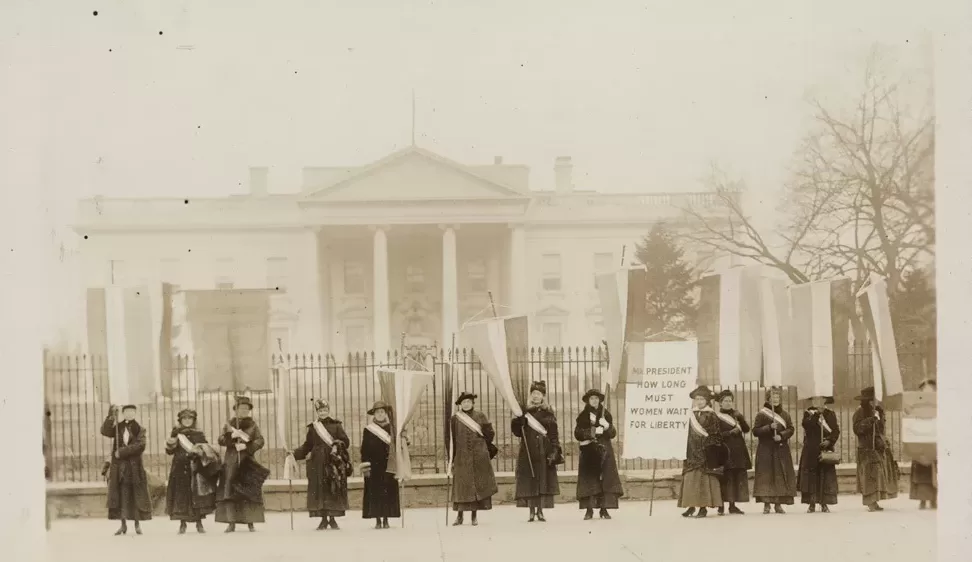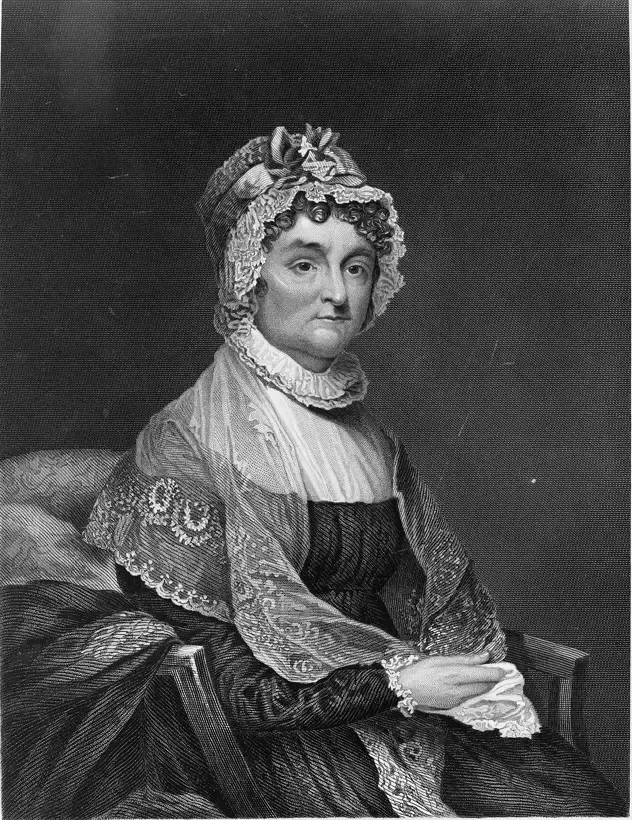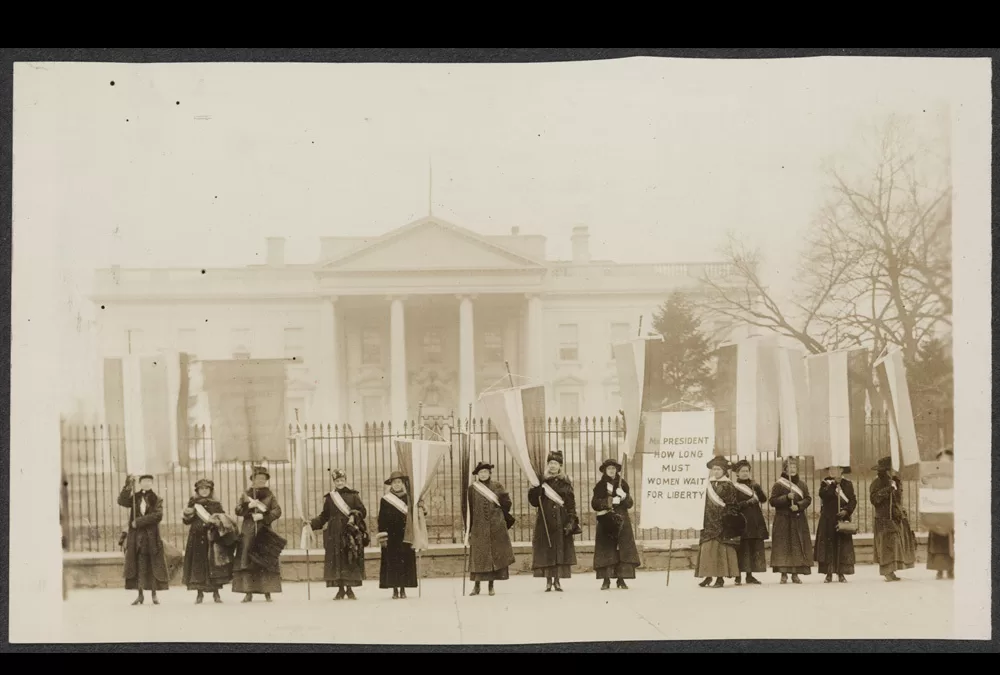
Less than four months before the United States formally declared independence from Great Britain, John Adams and other members of the Second Continental Congress were carefully building their case for political separation based upon the principles of British representative government; which had been egregiously ignored in regards to the 13 American colonies.

In a letter to her husband John dated March 31, 1776; Abigail Adams deployed a similar argument on behalf of women:
“I long to hear that you have declared an independency. And, by the way, in the new code of laws which I suppose it will be necessary for you to make, I desire you would remember the ladies and be more generous and favorable to them than your ancestors.”
Given the recent attacks on women’s rights in the 2020s, Abigail’s outlook deserves renewed consideration.
While the text of the Declaration of Independence and the subsequent laws established under the US Constitution in the two centuries after independence did little to affirm the rights of women, Abigail’s letter expresses a sentiment which has endured throughout the nation’s history. Despite the profound lack of political, economic, and social rights for the better part of that history, women have made impressive contributions that have only recently received the attention they deserve. This long-overdue recognition includes the establishment of a federally recognized Women’s History Month; 211 years after Abigail appealed to John to “remember the ladies.”
But why March? The answer is not clear.
March 8 was declared as International Women’s Day (IWD) in the early twentieth century, although recognition was largely limited to the Soviet Union/Russia and other socialist and communist nations. This date recognized the protests of Russian female textile workers who took to the streets in Petrograd on March 8, 1917; challenging the Czar to end the war (WWI) which had destroyed the economy. The demonstration is now seen as an important step in overthrowing the Czar, the rise of Vladimir Lenin, and the formation of the Soviet Union. With these developments, IWD is forever linked with socialism.
As would be repeated time and again throughout the twentieth century—and well into the twenty-first, for that matter—demands for equality and recognition in the United States have been resisted by deploying the dreaded S-Word and its association with a global adversary. Indeed, the struggle for women’s suffrage from the mid-1800s until the passage of the Nineteenth Amendment in 1920 was affiliated with labor organizing often carried out by avowed socialists.
As a result, during the First Red Scare of the 1920s—a paranoid driven fear of socialist/communist infiltration into American institutions—those who identified with the suffrage movement and IWD, unfortunately, were deemed by many as un-American.
Following the Second Red Scare in the 1950s and then the early successes of the civil rights era in the 1960s, American women began celebrating IWD on March 8. The S-Word was again deployed, as women—and others struggling for civil rights—were branded as socialists challenging the norms of a largely capitalist society during the headiest days of the Cold War with the Soviet Union.
Global recognition of IWD followed a United Nations designation of March 8 as a UN holiday in 1977. In 1980, in the United States, President Jimmy Carter proclaimed the week of March 8 as National Women’s History Week. Then, in 1987, Congress designated March as Women’s History Month and called for the president to proclaim it as such. Since 1995, this annual proclamation has been delivered to honor the achievements, contributions, and sacrifices made by women throughout our history.
Coincidentally, an origin myth for IWD—and subsequently, Women’s History Month—has grown around another March 8 protest; this one in 1857 as female garment workers in New York City openly demanded improved working conditions, shorter hours, and better pay. Apparently, 1857 is far enough removed from the socialist movements of the early twentieth century—and association with communist Russia—to make March 8 palatable to those who frequently deploy the S-Word as a threat to our capitalist ways.
Since the origin story for Women’s History Month is a bit foggy, it seems to me the door is ajar for hinting at another. In this case, I offer that the sentiment expressed in Abigail Adams’ 1776 letter—conveniently dated March 31, 1776—captures the spirit of Women’s History Month in a much broader sense that reflects the full scope of gender equality being discussed today—including the rather significant recent setback dictated by a wildly politicized and backward-looking Supreme Court.
And, perhaps more in tune with the tenor of our own times, Abigail’s plea to “remember the ladies” included the likely consequences for failing to do so; not unlike the demands and threats made to Great Britain in the Declaration of Independence.
“Do not put such unlimited power into the hands of the husbands. Remember, all men would be tyrants if they could. If particular care and attention is not paid to the ladies, we are determined to foment a rebellion, and will not hold ourselves bound by any laws in which we have no voice or representation.”
Whether or not you accept my proposal to re-orient the origins of Women’s History Month, I think you’ll agree that Abigail Adams might have been on to something…and reflecting upon her bold pronouncement every now and again…say…at least every March… couldn’t hurt.





